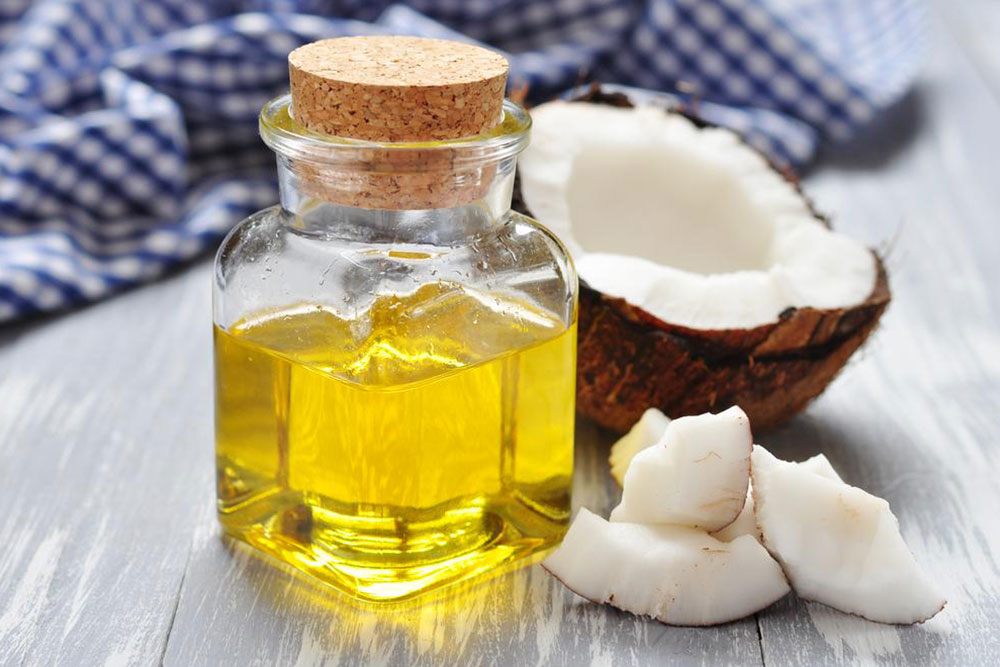Effective Strategies for Controlling Coughs
Learn effective home remedies and medical treatments to manage coughs. From natural remedies like honey and herbal infusions to pharmaceutical options, discover ways to alleviate symptoms and promote faster recovery. Proper care can improve quality of life and prevent complications associated with persistent coughing.
Sponsored

Coughs serve as a natural reflex of the immune system, helping to expel foreign particles or pathogens from the respiratory tract. Although beneficial, persistent coughing can impair daily life. Cough duration classifies it into acute (up to 2 weeks), subacute (3-8 weeks), or chronic (over 8 weeks). Fortunately, various treatment options exist. From home remedies to medical interventions, managing coughs effectively is possible. This article explores practical ways to alleviate cough symptoms and promote quicker recovery.
Home Remedies
Managing mild coughs often involves simple, natural remedies that accelerate healing, whether or not medical assistance is sought.
Honey
A mixture of two teaspoons of honey in warm tea or lemon water can effectively soothe coughs. Scientific studies support honey's efficacy, though it should not be given to infants below one year due to bacteria risk.
Hydration
Drinking plenty of fluids, especially water, keeps the throat moist and reduces irritation. Juices with cough-relief ingredients can relax throat muscles and ease discomfort.
Saltwater Gargle
Dissolving a teaspoon of salt in warm water and gargling helps keep the throat moisturized and breaks down mucus, making it easier to clear.
Turmeric and Black Pepper in Milk
Boiling a pinch of turmeric and black pepper in milk provides antimicrobial and anti-inflammatory benefits, helping fight infection and soothe inflammation.
Pineapple
Pineapple contains bromelain, an enzyme that loosens phlegm and reduces inflammation. Consuming a slice thrice daily may help, except for those on blood-thinning medication.
Peppermint
Peppermint's antioxidants and anti-inflammatory compounds, consumed as tea or inhaled as steam, can alleviate cough symptoms and soothe the throat.
Spice Mixture
A blend of spices like cloves, cinnamon, turmeric, and ginger can act synergistically on throat tissues and nerves to reduce cough intensity.
Avoiding Acid Reflux Triggers
Limiting foods that provoke acid reflux can prevent coughing spells related to stomach acid exposure.
Probiotics
Beneficial microbes found in yogurt, sauerkraut, and kimchi support gut health and immune function, contributing to overall respiratory health.
Treating Dry Cough
Dry coughs, caused by throat hypersensitivity, require keeping the throat lubricated through increased fluid intake—warm water with honey or lemon is ideal.
Lozenges and Cough Syrups
Lozenges dissolve slowly, soothing the throat and delivering ingredients like honey and peppermint. Syrups containing glycerol or mild antihistamines also help reduce irritation and suppress cough.
Medical Treatments
If home remedies are ineffective or the cough becomes chronic, medical options are available, including:
Over-the-Counter Medications
Decongestants and cough suppressants administered via inhalers or steam may provide relief but should be used cautiously to avoid interfering with natural recovery.
Antibiotics
Prescribed for bacterial infections, antibiotics directly target pathogens responsible for respiratory symptoms, with dosing tailored to the infection's severity.
Reflux Management
Proton pump inhibitors help reduce stomach acidity, preventing reflux-induced coughs by relaxing the esophageal sphincter.
Most cough remedies have minimal side effects, but persistent respiratory issues warrant physician consultation. Home remedies are best suited for acute or subacute cases.






